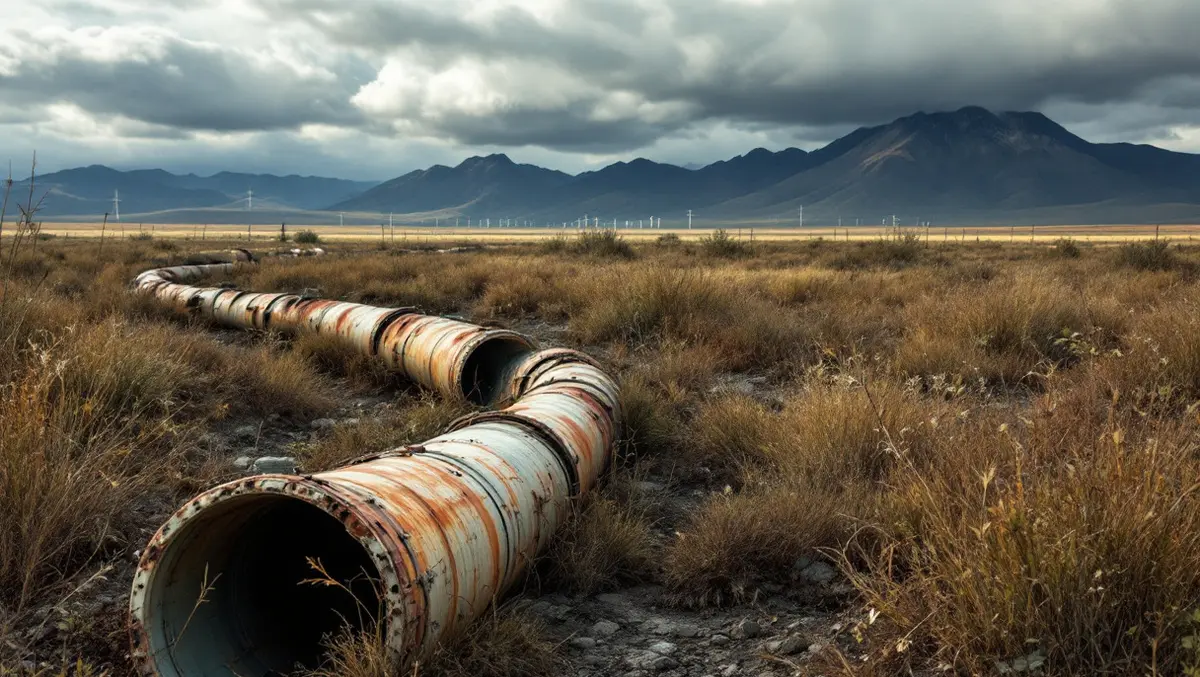
UK's gas dependency poses strategic risks, report warns
A new report by the Council on Geostrategy highlights the challenges facing the United Kingdom's (UK) energy sector due to its significant reliance on gas.
The report, authored by Jack Richardson, an Associate Fellow at the Council on Geostrategy, describes the UK's gas dependency as its "Achilles' heel." According to the analysis, the country has seen a substantial decline in indigenous gas production, which has decreased by 70% from 2000 to 2023, compared to just a 37% reduction in gas consumption over the same period. This disparity has heightened the UK's susceptibility to price shocks.
In 2022, this vulnerability was exposed when Russia's actions led to a GBP £40 billion fiscal outlay by the UK Treasury. This amount represents approximately three-quarters of the nation's defence budget for 2023-2024.
The report advocates for His Majesty's Government to enhance electrification as a strategic move to shield the UK from volatile gas prices. It points out that as the North Sea resources continue to deplete, and fracking offers limited benefits, diversified electricity supply and reduced electricity costs become imperative.
Britain ranks as the third most gas-dependent economy in the G7, just behind the United States. Globally, it is the 11th largest gas consumer, narrowly surpassing India. Norway, sharing the North Sea resources, outpaces the UK in gas production threefold per capita, yet consumes substantially less.
Historically, Britain's shift from coal to gas was not driven by market forces but by a national campaign initiated after the 1965 discovery of North Sea gas. This transition involved converting 40 million domestic appliances to natural gas within a decade, against initial public scepticism and political opposition from figures like Margaret Thatcher.
The report warns that the UK's dependency on Norwegian piped gas and liquified natural gas (LNG) imports, which are subject to unpredictable pricing, poses strategic risks. The United States, currently the UK's second-largest supplier, might not remain a reliable partner in an evolving geopolitical landscape.
Competing demands from rising Asian economies such as India, Korea, and Japan for American and Middle Eastern LNG could further increase costs for Britain. Such competition is likely to be exacerbated by India's consideration of removing import taxes on American LNG and a trilateral gas import agreement involving Korea, Japan, and the US.
The "Explainer" from the Council on Geostrategy recommends a strategic focus on reducing electricity costs to enable a transition towards electrification in heating supply, which could mitigate the UK's dependency on international gas markets.
Jack Richardson emphasised the urgency of this transition: "Britain's dependence on gas has become an Achilles' heel. Realistically we will never produce enough to meet our own demand. Being a price taker in a rougher world is not good." He further stated, "Being reliant on the kindness of others might be fine in peace time, but we're in a fundamentally different world now. We must diversify through electrification if we are to protect our nation's finances and public welfare, and fund rearmament."


